Trypsin and chymotrypsin are two different but related digestive enzymes produced and released by the pancreas. Both enzymes function within the intestine to help break down large protein molecules that we ingest in the foods we eat. Without this enzyme-aided digestion, you would be unable to get the essential amino acids required for tissue building and repair. Because these two enzymes break down proteins, they classified as proteases.
Trypsin
Trypsin helps to break down large protein molecules by cutting protein chains at specific sites. The large protein molecule is actually a chain of smaller units called amino acids which are linked, end to end, in chains hundreds. There are 20 different amino acids from which these protein chains are made. The specific site along the protein chain where trypsin is active as those with the amino acids lysine and arginine, two of the smaller amino acids.
Chymotrypsin
The enzyme chymotrypsin also cuts the larger protein chain but at different sites from where trypsin cuts. Chymotrypsin makes its cut at positions along the protein chain that contain very large amino acids such as phenylalanine, tyrosine and tryptophan. Otherwise, it is very similar to trypsin.
DOSAGE:
One tablet, four times a day,half an hour before meals or as directed by the physician.
INDICATIONS
Pain/ inflammation, acute or chronic inflammation
Arthritis, inflamed joints
Bursitis, osteoarthritis, rheumatoid arthritis, juvenile rheumatoid arthritis, septic arthritis
Fibromyalgia, eczema, rash, psoriasis, acne, wounds
SIDE EFFECTS
Skin rash
Redness of the skin
Iitching of the skin
Swelling of the throat
Tongue and face
Trouble breathing
Allergic reaction can be life-threatening. Immediately contact your doctor if you are experiencing any of the allergy symptoms.
DRUG INTERACTIONS
Herbal Supplements/Alcohol
Systemic proteases may increase the effectiveness of herbal supplements. Chymotrypsin is also known to interact with alcohol.
Antibiotics
Administration of the trypsin-chymotrypsin combination has been found to increase the levels of orally administered semi-synthetic penicillin antibiotics in the blood serum and organs of rats.
Chymotrypsin is known to interact with chloramphenicol.
Anticoagulants
The trypsin-chymotrypsin combination should not be administered concurrently with anticoagulants such as coumadin, heparin and clopidogrel.








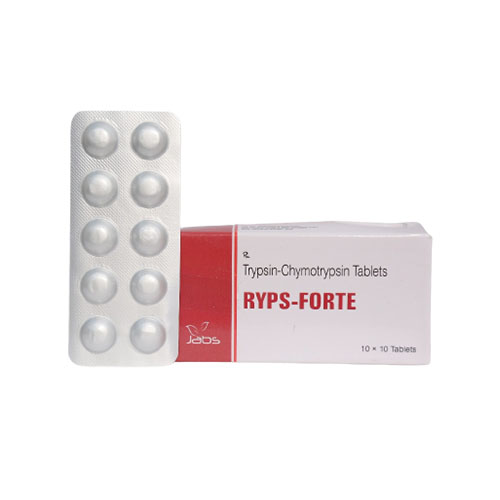
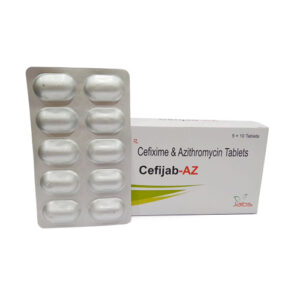

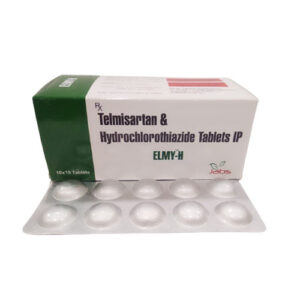
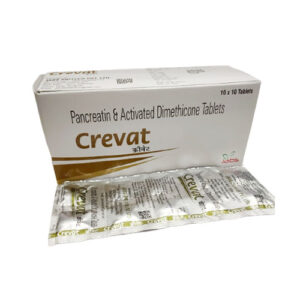
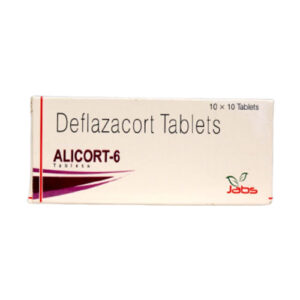
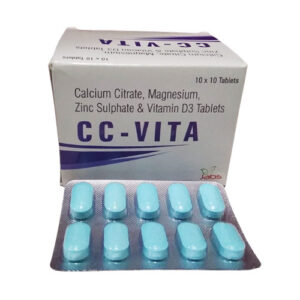
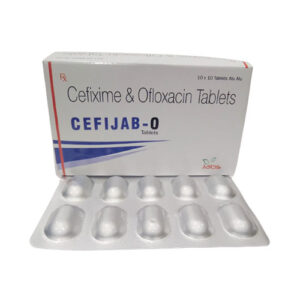
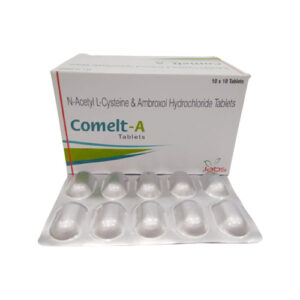

 call us
call us whatsapp
whatsapp Contact Us
Contact Us